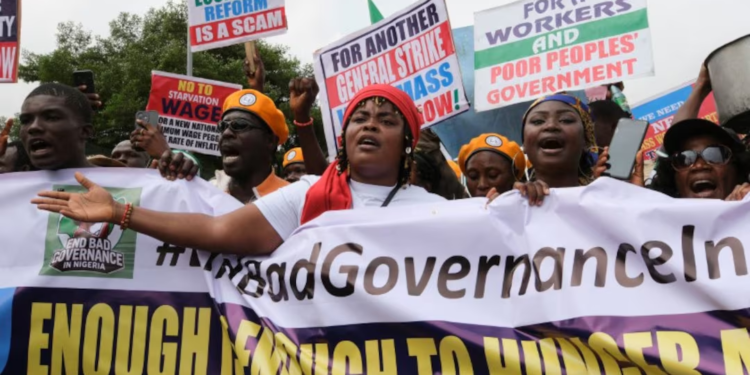In Kenya, efforts to achieve economic stability through fiscal reforms have ignited a contentious debate over their social impacts. Burdened with a public debt amounting to 68.9% of GDP in May 2025 and a fiscal deficit projected at 4.9% for the supplementary budget 2024/25, the government has adopted austerity measures and increased taxes as key strategies. Though intended to salvage the sorry situation, these reforms have created significant burdens on citizens with widespread discontent over escalating living costs and reducing economic opportunities.
Kenya’s fiscal consolidation program, backed by the IMF and World Bank, aims to stabilize an economy shaken by external shocks. The government has tried in vain to design policies aimed to raise revenue which has been met by total resistance by the public. In a country where the poverty rate stands 34.0% at 0.34% these measures have intensified economic hardship. Basic items like maize flour and cooking oil have become unaffordable worsening the situation further.
The social consequences are severe. Kenya’s Gini coefficient of 0.39 indicates a worrying level of income inequality within the country, where Gini coefficient of 0 represents perfect equality (everyone earns the same) and 1 represents perfect inequality (one person holds all income).Austerity measures have also weakened public services, where government services such as education and Health sectors grappling with underfunding affecting their operations as a result of reduced funding.
To close the gap on inequality and the unintended effects of this policies, Kenya must place greater emphasis on inclusive development policies. Strengthening programs like Inua Jamii can cushion the poor from the shocks of reform. Devolved governance also offers promise, with counties l investing in vocational training to prepare youth for jobs in technology and tourism. Community led approaches, including agricultural cooperatives and saccos can enhance also enhance resilience against climate and market disruptions, ensuring broader participation in economic progress. Transparent fiscal practices and inclusive budgeting can help restore public trust.
The success of the the current economic reforms therefore depends on acknowledging and addressing their social costs. By investing in human capital through education, health, and creation of job opportunities. With that, the government will turn discontent into satisfaction, ensuring that economic transformation benefits all Kenyans, not just on the state’s balance sheet
















